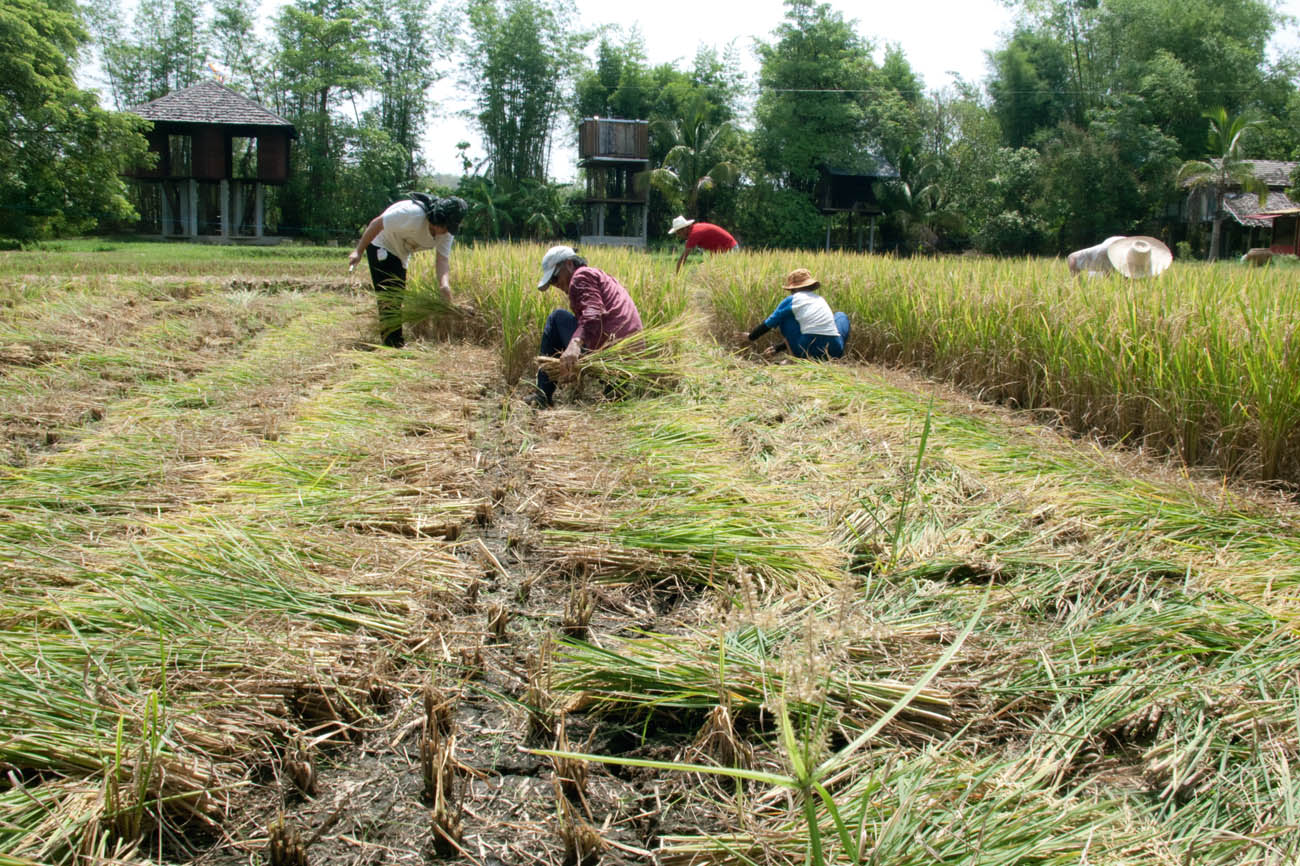Purple Magazine
— S/S 2011 issue 15
Rirkrit Tiravanija
interview by PARINAZ MOGADASSI
photographs by ANETTE AURELL
Rirkrit Tiravanija’s vision of The Land follows the Buddhist principle of not needing to create anything, produce anything, or even realize your full potential. The open community he co-founded with Kamin Lertchaiprasert in 1998, 30 kilometers southwest of Chiang Mai, is essentially an art project without definition. Rirkrit doesn’t even want to view it as an art project. he’s interested in CReaTing a siMpLe Life wiTh siMpLe edifiCes on a piece of land that can remain open to experimentation. Kamin, his co-founder, strongly advocates sustainable agriculture and meditation. The project is based on maintaining harmony with nature, where artists are invited to build structures to live in and then to assist in farming the land.
ABOUT THE LAND On a cold new york night not long ago Rirkrit Tiravanija and Clarissa Dalrymple cooked up a hot meal for some…


